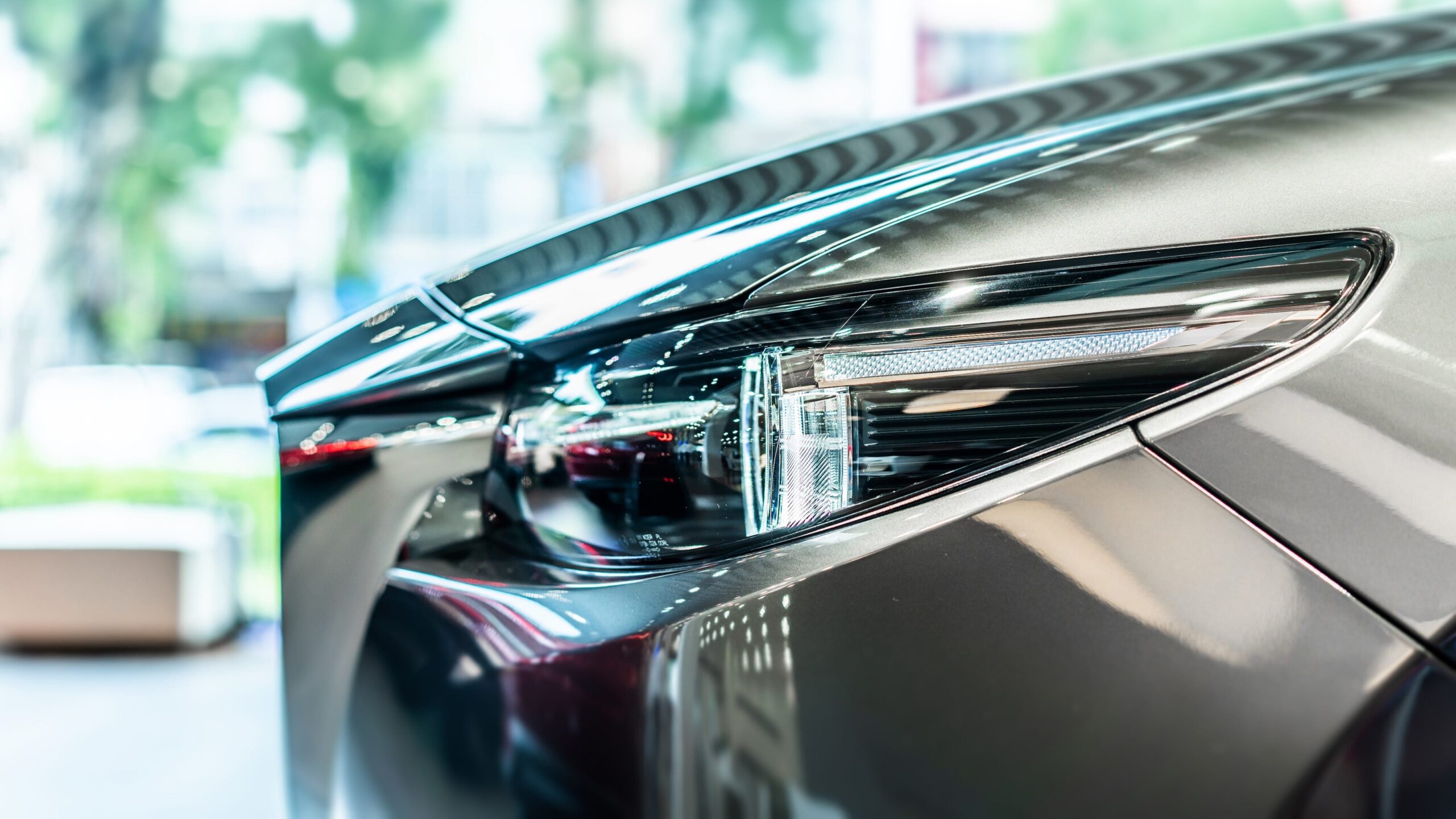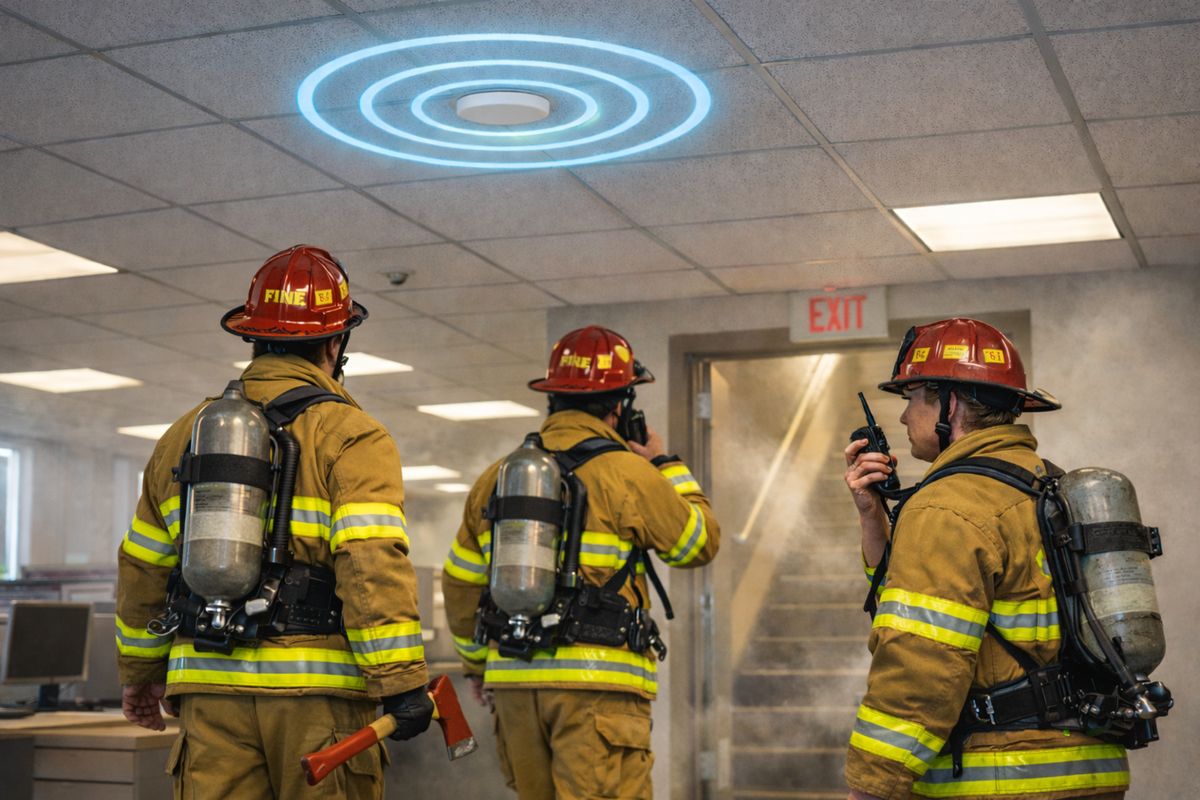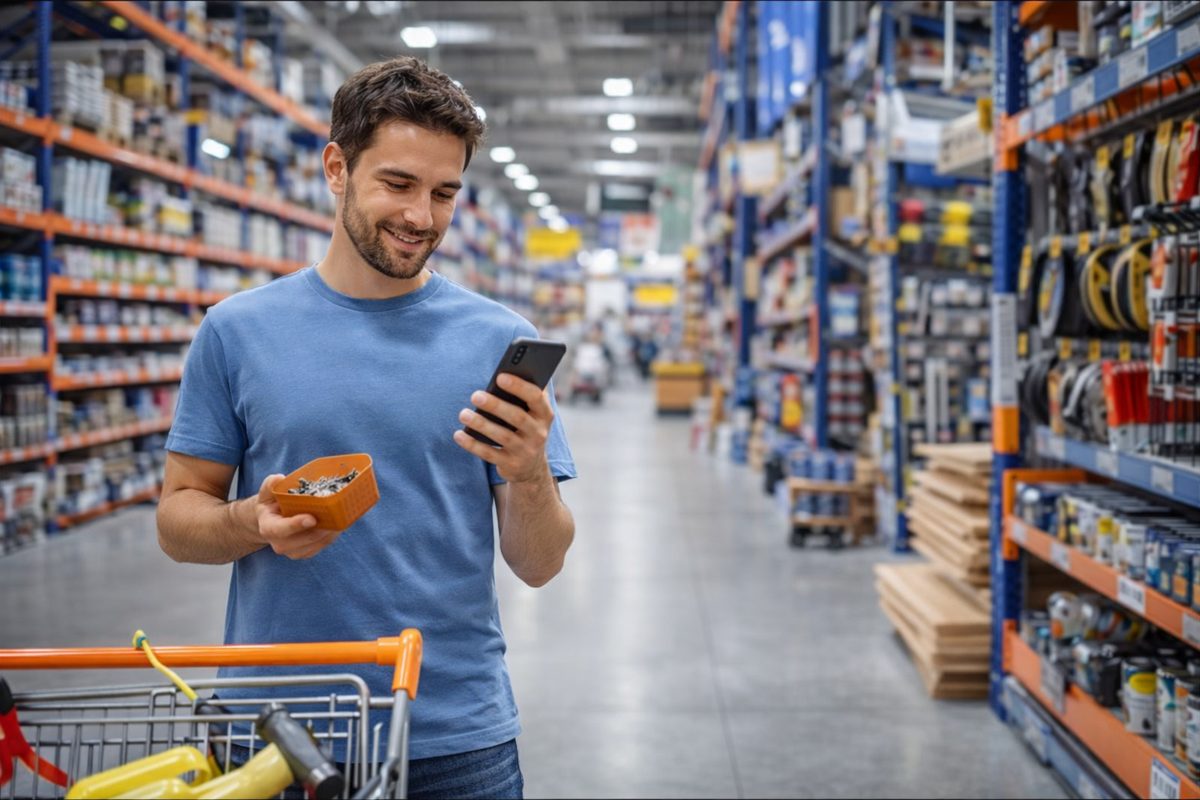Reliable 4G coverage will be essential for all businesses offering consumer credit
Covid-19 has transformed the retail landscape beyond all recognition. Three lockdowns combined with regional tier systems have brought about liquidations and acquisitions for a number of well-known brands, and a good deal more are favoring e-commerce over brick-and-mortar stores.
Even as life starts to return to normal, says Colin Abrey of Nextivity, a high proportion of society is continuing to purchase non-essential goods, even high value items online because digitized shopping has become the norm. Consumer credit applications have also evolved, with dynamic approval and heightened security measures, along with consumer expectations for fairness and transparency around interest-free credit and hire purchase agreements.
“Wi-Fi only networks do not provide all the connectivity options needed to meet PSD2 regulations,” says Colin Abrey of Nextivity
If the pandemic hasn’t been enough to contend with, those selling high value merchandise such as cars, mobile homes or recreational vehicles (RVs) have another hurdle to overcome now that they’ve finally been allowed to open their showrooms. This latest shake-up pertains to financial lending arrangements and compliance with the UK FCA’s (Financial Conduct Authority) latest online payment regulations, PSD2.
Originally intended to be implemented in 2019, rollout dates have been pushed back a couple of times due to the sheer magnitude of technology overhauls needed for compliance to be practically achievable. The latest deadline is September 2021.
The last 12 months have been particularly tough on car dealerships. Not only have they been obliged to re-think their business operations and rework their showroom layouts in line with social distancing, but market demand is also for more flexible purchasing agreements with greater discounts thrown in. UK car sales are at their lowest levels for over 20 years and Brexit is posing further uncertainty.
Demand for self-contained accommodation such as luxury caravans or motor homes, on the other hand, has rocketed due to travel restrictions, self-isolation/quarantine, and the traffic light system. Indeed the National Caravan Council, reported that registrations in July ’20 were more than two thirds higher than the previous year and this trend is continuing. Even though demand has increased exponentially, suppliers in this booming sector will still have to comply with more stringent financial procedures going forwards.
Cashless society?
Another consequence of the last 12 months has been a seismic shift towards a “cashless” society, which means greater vigilance is needed when it comes to protecting financial and details on the dark web. Under the new regulations, all financial agreements and assessments must be undertaken online, and an authentication code must be subsequently generated before applications can be processed further.
However, until the required connectivity is in place in the different outlets, many suppliers are obliged to override this and operate a manual system because end-customers are not receiving the required codes, which are delivered via text message (SMS or MMS). If dealerships continue to do this once the new regulation is mandatory, a) the cost of their merchant codes will go up and b) they will not be compliant with the new FCA rules and this could have serious repercussions.
These dealerships are not deliberately flouting the rules, they want to be compliant, and the reason their customers are not receiving the required authentication codes is because there is unreliable 4G coverage in their respective premises. This is happening because their building facades which are typically made of glass, metal and concrete, are preventing mobile signals from passing through them, even if there is a base station close by. Whilst most dealerships have invested in sophisticated Wi-Fi systems for high-speed internet access, and to enable smart building applications, Wi-Fi is data-driven and does not support texting.
In search of a signal
“When purchasing a new vehicle last year, I personally experienced having to leave the showroom and go outside in search of a strong enough phone signal to receive the documentation and authentication code needed to proceed with the purchase. It is clearly not ideal or professional for dealers to ask their respective customers to do this, and the experience brought to my attention the issues my customers in the motor trade are experiencing daily.” says Derek Philips, MD of Boost Pro Systems Ltd.
“Connectivity must be enhanced in these showrooms, especially with the new PSD2 regulations becoming mandatory because any dealership failing to comply may run into issues with the FCA. We are helping our customers by deploying Ofcom-compliant cellular enhancement solutions into their showrooms.”
Lack of indoor cellular coverage also poses health and safety concerns, particularly as Government presses on with its plans to migrate its existing public safety communications network from Airwave’s Tetra network to 4G. Once rolled out, any business without adequate 4G coverage may not be able to facilitate safety critical communications in an emergency situation.
To overcome these hurdles the outside network needs to be taken indoors using supplementary equipment such as mobile signal boosters to ensure the levels of coverage required.
The other consideration is that said boosters must satisfy Ofcom’s mobile repeater license exemption specification and not many do. CEL-FI by Nextivity is an example of UK regulator Ofcom license-exemption compliant solutions.
By installing a mobile signal boosting system, not only would car, mobile home and RV dealerships be able to overcome the compliance predicament for minimal investment, they could leverage mobile connectivity to enhance the customer purchasing journey by offering virtual test drives or interaction digital displays. Wi-Fi in isolation is not sufficient to deliver these wow factor experiences and businesses failing to realize this could see turnover eroded further as customers turn to the competition.
A version of this article was originally published by VanillaPlus.




